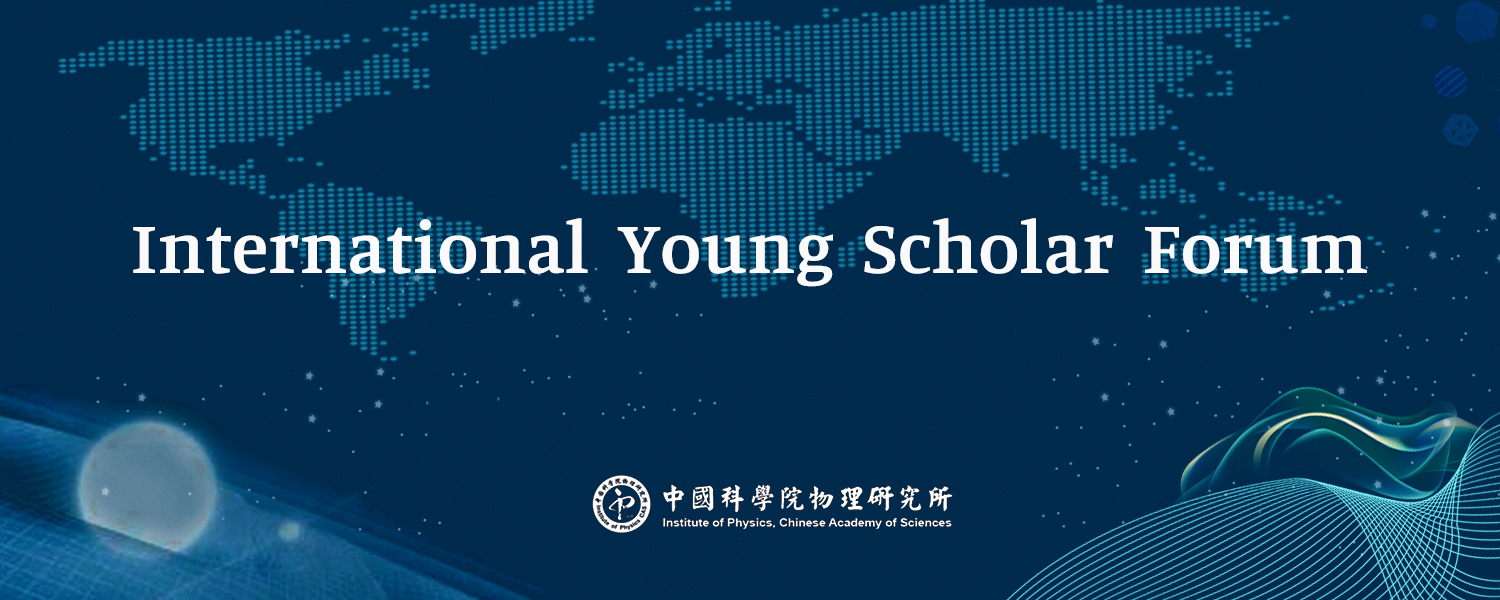Time: 16:00 pm, March 2nd, 2021
Speaker: Dr. Kai Qi, École Polytechnique Fédérale de Lausanne (EPFL)
Abstract:
Living matter exhibits a broad spectrum of motion ranging from flocking birds, human crowds, to swarming bacteria. In contrast to the traditional static materials, they are non-equilibrium by nature and named active matter. Investigations on the active matter can not only facilitate our understanding of the statistical physics of out-of-equilibrium systems but also steer our design of artificial materials which are relevant in medical and industrial applications, such as manufacturing nanomotors for drug delivery. In particular, microorganisms that can self-propel by consuming energies through either internal metabolisms, catalytic reactions, or ATP dissipation are of great interest. They are called microswimmers (e.g., spermatozoa, bacteria, and algae). In this talk, I will unravel how we study the swimming properties of microorganisms by performing mesoscale hydrodynamic simulations via the multiparticle collision dynamics (MPC) approach and the Lattice-Boltzmann (LB) method. The first part of my talk concentrates on the investigation of the rotational enhancement of a swimmer in viscoelastic fluids. We found that due to the steric and hydrodynamic interactions with the heterogeneously distributed polymers, the rotational diffusion of a swimmer is enhanced over 1~2 orders of magnitude. In the second part, the emergence of swimmer suspensions confined in a narrow slit will be presented. Our results reveal the existence of the turbulent-like swimmer groups, which are reminiscent of the classic turbulence.
Reference:
[1] K. Qi, E. Westphal, G. Gompper, and R. G. Winkler, Phys. Rev. Lett. 124, 068001 (2020).
[2] M. Theers, E. Westphal, K. Qi, R. G. Winkler, and G. Gompper, Soft Matter 14, 8590-8603 (2018).
Brief CV of Dr. Kai Qi:
Dr. Kai Qi obtained his Ph.D. degree from the University of Georgia in 2016, during which he investigated phase transitions of mesoscale systems such as polymers and proteins by doing Monte Carlo simulations under the supervision of Prof. Michael Bachmann. Afterward, he moved to Forschungszentrum Jülich, where he worked as a postdoc fellow with Prof. Roland G. Winkler and Prof. Gerhard Gompper. During his stay, he conducted hydrodynamic simulations via MPC to unravel the swimming properties of microswimmers. In 2020, he moved to École Polytechnique Fédérale de Lausanne (EPFL) and work with Prof. Ignacio Pagonabarraga for a second postdoc. His current research interests lie in hydrodynamic simulations of various systems via LB, such as microswimmers and graphenes.
Click to view the recorded report video►http://as.iphy.ac.cn/video_detail.php?id=28362
